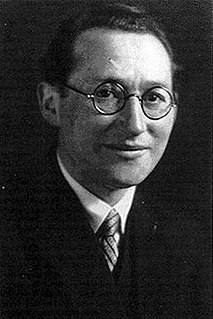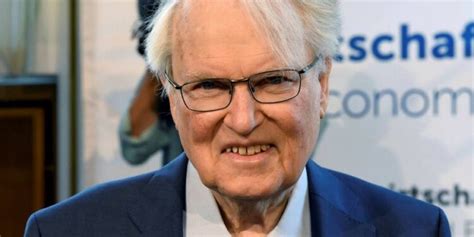A Quote by William James
First... a new theory is attacked as absurd; then it is admitted to be true, but obvious and insignificant; finally it is seen to be so important that its adversaries claim that they themselves discovered it.
Related Quotes
The history of acceptance of new theories frequently shows the following steps: At first the new idea is treated as pure nonsense, not worth looking at. Then comes a time when a multitude of contradictory objections are raised, such as: the new theory is too fancy, or merely a new terminology; it is not fruitful, or simply wrong. Finally a state is reached when everyone seems to claim that he had always followed this theory. This usually marks the last state before general acceptance.
Whenever a new discovery is reported to the world, they say first, It is probably not true, Then after, when the truth of the new proposition has been demonstrated beyond question, they say, Yes, it may be true, but it is not important. Finally, when sufficient time has elapsed to fully evidence its importance, they say, Yes, surely it is important, but it is no longer new.
Nature first, then theory. Or, better, Nature and theory closely intertwined while you throw all your intellectual capital at the subject. Love the organisms for themselves first, then strain for general explanations, and, with good fortune, discoveries will follow. If they don't, the love and the pleasure will have been enough.





































